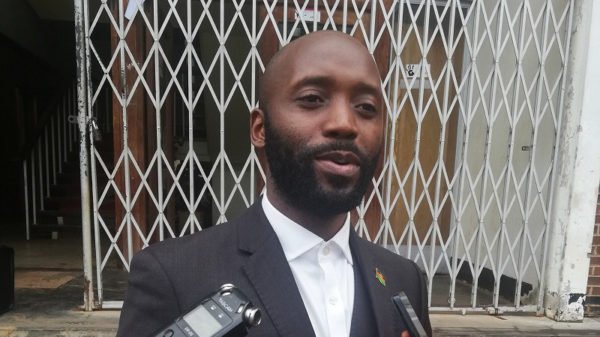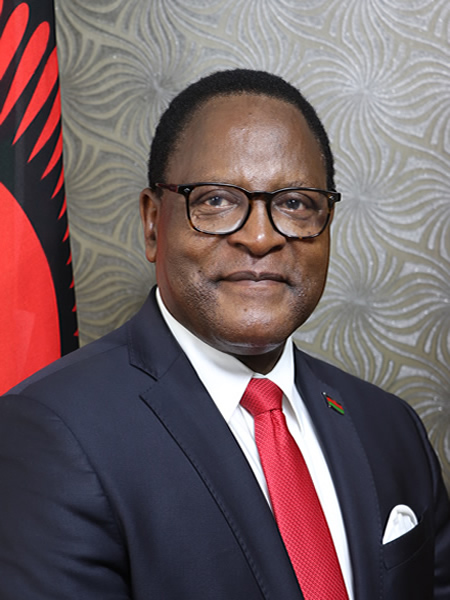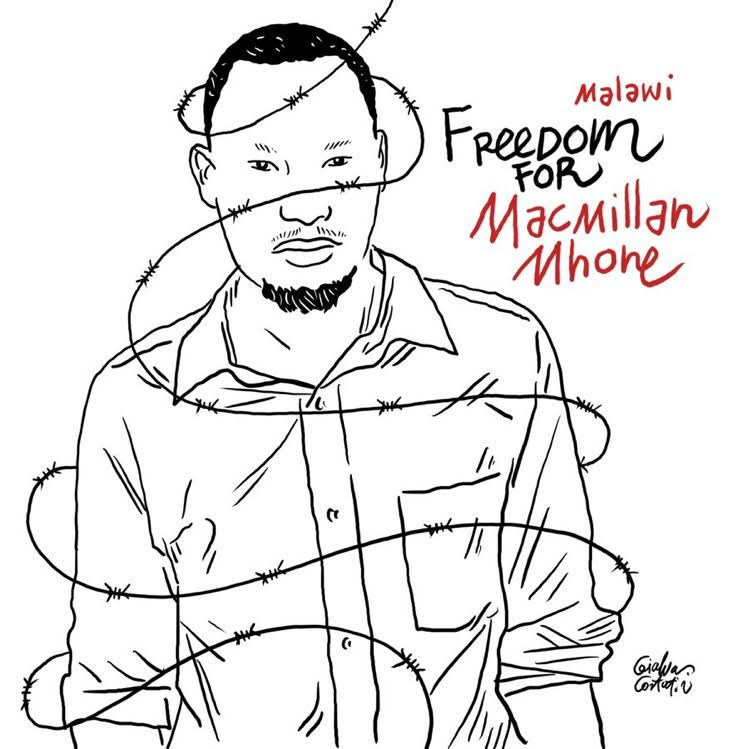… Millions of CDF money mismanaged
… MPS Use CDF as their Pocket Money
By Maureen Kawerama (PIJ Fellow)
Investigations by the Platform for Investigative Journalism (PIJ) have identified cracks and mistrusts that have developed in some constituencies in Malawi over the management of the Constituency Development Funds (CDF).
Parliamentarians are said to be circumventing the law that guides disbursements of the funds through the local councils, which ought to translate into demanded development infrastructures through approval, and supervision of the Area Development Committees.
However, community members accuse the Members of Parliament of creating their own personal favoured structures, which now control the funds without having to account to anyone for any penny.
PIJ Investigations findings, the same with Project Findings
The office of the Auditor General released the first comprehensive audit report on CDF funds in December 2011 for six districts in the country, which exposed similar findings that PIJ has found.
The results are also found in the write-up by Edwin Msewa, which became part of the Proposal for project rightly titled ‘Building Public Trust in the Accountability and Performance of Constituency Development Fund in Malawi’ requesting funding from the UN Democracy Fund Project last year.

It rightly describes CDF as a source of funds made available to a Member of Parliament (MP) to facilitate the implementation of minor projects in their constituency.
“The CDF in Malawi seeks to provide Members of Parliament and their constituent communities with the opportunity to make choices and implement projects that maximize their welfare in line with their needs and preferences,” observes Msewa in his write-up.
He adds that the CDF is there to respond to immediate, short-term community development needs and represents a central government transfer to the local authorities, which is in line with the fiscal decentralization process.
CDF funding arrangements disburses funds from the central Government directly or indirectly to electoral constituencies for local infrastructure projects through a parliamentary vote.
Findings in Machinga and Mangochi
PIJ investigations established that members of Area Development Committees (ADC) that were interviewed accuse their sitting Members of Parliament (MPs) of creating parallel structures to usurp the CDF role to avoid being accountable so that they can abuse funds.

Interviews conducted at the two wards reveal that although the districts get CDF disbursements, the resources are not translating into development projects people in these respective areas demand due to these destructive tendencies from the MPS.
ADCs Cry Foul as they Lack control
Eubert Chimwaza, Vice Secretary for the Namabvi ADC, said they are not controlling all the community projects in their areas.
Currently, three community projects are happening in our area: the construction of the school blocks for Lilembwe primary School, Tibwiti Junior Primary school, and Ng’ombe 1 Junior primary school, but as the ADC, they do not have any report concerning these developments.
“We are not even aware of how much is involved in these projects since whenever we try to ask the MP, he always gives us excuses,” he said.
ADC Chair for Nyambi ADC Willy Mailosi concurred with Chimwaza.
He said most of the time, community projects in their areas are implemented by the followers of the MP and not the ADC, and this affects the communities at large.
“For example, as the ADC, we informed our MP to construct a new market at an area where there is the current dilapidated one. The MP, however, decided to construct it at a place of his choice which is not at a suitable environment for business, and this has caused the communities to shun the new market,” he said.
Mailosi also said that the ADC is also not aware of how much was involved in the current community projects underway in the area because they were not involved at any stage. Such projects include constructions of Namatiti Junior Primary school block, Nyambi Health Centre medical assistant house, Ntchuwa 1 and 2 bridges, and Maundani Market shade.


Both Councillors for Nyambi and Namabvi Wards, Jonasi Chimenya and Sakila Chilawi, said they are equally not involved in implementing these projects.

Whenever there is demand for information on how much is involved in the projects, he says it consistently antagonizes councilors and parliamentarians.
MPs Justify their positions.
However, when contacted to comment on the issue, both Members of Parliament for Machinga North East, Ajilu Kalitendere, and Kongolani Kazembe for Mangochi Lutende dismissed the allegations.

The two claimed that ADCs are in complete control of every community project happening in the areas.
The Mangochi Lutende MP, who won on an independent ticket, said he doesn’t work with the councilor in question because he belongs to the opposition party of the United Democratic Front.

John Sikweya, a member of the community in Traditional Authority Nyambi, said he has always been surprised to see the MP of the area singlehandedly taking charge of all developments at the expense of the ADC.
“There have been developments in this area that are irrelevant. Imagine a borehole being drilled at a place where there are already two functioning boreholes while in other areas in far-flung areas lack the same,” said.
“This MP never consults anyone, and we wonder whose interest he serves. There could be more to it than meets the eye. There is no accountability and transparency whatsoever in the management of developments and funds in this area”, said Sikweya.

Being part of voted expenditure in the national budget, the CDF is therefore subject to public funds management laws and procedures as specified in the Public Finance Management Act (PFMA), 2003; the Public Procurement Act (PPA), 2003; the Public Audit Act (PAA), 2003; and the Corrupt Practices Act (CPA), 1995.
The Ever-Increasing CDF
Funds allocated for CDF have seen an increase in the amount and the overall size of the Government Budget financed by locally generated revenue.
“The trend,” Msewa says, “has been the same in Malawi where CDF has increased from MK 1 million (about $2 500) since its introduction in 2006 to MK 30 million (about $31,000) per MP in the 2019/2020 financial year.”
A 2006 policy paper for CDF argues the fund is there “to respond to immediate, short-term community development needs and is a means of ensuring that rural development spreads evenly throughout the country.”
At the national level, the allocation has increased from K193 million (about $483 500) to K5.8 billion (about $8m).
Local Assemblies Parry Accusations
PIJ talked to Machinga District Commissioner, Rosemary Nawasha, and she said that each constituency in this country is currently receiving 40 Million Kwacha every year as CDF funds.
“Every constituency in this country gets 40 million Malawi Kwacha as CDF for every year, but it comes in phases maybe two or three phases but in total, its 40 million kwacha (about US$50,000) per year. Nawasha said.
For 193 constituencies, this translated into over K 7.7 billion (around US$9.5 million).
Civil society organizations want the Ministry of Local Government to get to the bottom of mismanagement of CDF funds by some Members of Parliament.
Plunder in Local Assemblies
Msewa says for a decade, and a half, stories of CDF have hardly inspired confidence.
The office of the Auditor General released the first comprehensive audit report on CDF funds in December 2011, which audited accounts of district councils for 2006, 2007, and 2008, that showed that K107 million (about $267 500) was spent without the approval of internal procurement committees (IPC) at Salima, M’mbelwa, Karonga, Nkhata Bay, Mulanje, and Phalombe district councils.
Reckford Kampanje, the then Auditor-General, reflected that the six councils ‘heavily abused’ the CDF.
“A thorough analysis of the efficacy of CDF revealed that growth was failing to trickle down to the poorest, yet the CDF came about to achieve just that,” says Msewa.
“In the policy arena, the CDF scheme is a significant break from MPs’ primary law-making and oversight roles,” he adds.
Part of the audit report states: “Members of Parliament were seen to be managing the CDF resources with party structures, sidelining Area Development Committees (ADCs) that are supposed to participate in the implementation of the fund.”
Defying CDF Guidelines
CDF guidelines provide for every constituency to have a constituency committee, which brings together Councillors, MPs, and ADCs to discuss the implementation of the CDF.
However, the reports indicated that the “CDF guidelines allow ADCs to sign on the project application form and remain key in the implementation process.”

Just like the PIJ findings, the report also established that the CDF has ‘always been dominated by MPs seeing it as their pocket money for strengthening their political positions.’
It quotes one MP who asserts: “Let’s be honest. CDF funds are completely in the hands of us, sitting MPs. Often, we do not use it to facilitate development in our area. Development is secondary and often incidental. This is the money we, MPs, use to strengthen our position in the constituency,” he said.
When Msewa conducted a focus group discussion with members of parliament, they disagreed that they abuse CDF as purported by the media and some ardent critics of MPs, claiming that they do not have direct control of the funds.
The MPs observed that CDF is the centre of controversy because it is the only fund that is visible and which has a meaningful impact on the lives of people at the grassroots, although it is not enough.
The funds come in tranches per quarter, which makes it challenging to administer. The council secretariat deducts 5% of the total for monitoring, which is not carried out in most cases.
The MPs also noted with dismay that in some cases, the council secretariat does not follow proper procedures when procuring CDF project materials citing issues where the administration pays the supplier in advance before delivering the goods to the project sites as required by both the CDF guidelines and legislation on public procurement.
MPs use it as a bargaining chip.
Besides making CDF a ‘money-making machine for MPs’, they also use it as leverage against the ruling party.
Professor Blessing Chinsinga, a Senior Lecturer in Development Administration, Public Policy Analysis and Institutions, and Development at the University of Malawi, points out several other dynamics associated with the CDF.

He observed that MPs have also taken advantage of CDF using it as a bargaining tool like was the case in the 2006/2007 national budget where MPs refused to pass the budget if Government did not meet their demands for CDF.
“The opposition MPs used the passing of the budget as a bargaining chip to force the government to bow down to the demands for a CDF,” he said.
“Most observers argue that the establishment of the CDF has tremendously pacified the parliamentarians across the political divide because it serves their selfish political interests that are central to building a potentially successful political career without having to dig deep into their private vaults,” writes Chinsinga.
He adds that the pressure to establish the CDF was so great that the Government implemented it without sufficiently thinking through the requisite legal and administrative arrangements.
Civil Society Organisations want a drop in Laissez-faire CDF Management.
Malawi Economic Justice Network (MEJN) regional coordinator Mike Marvin Banda said cases of MPs abandoning already established ADCs in preference for their committees are not new.
“All the studies that we have done regarding the implementation of the Constituency Development Funds (CDF), show that one key challenge that keeps coming whenever we are discussing this funding mechanism is that Members of Parliament opt to use their political party structures and not the Area Development Committees”, explains Banda.
He said this is a big challenge in most constituencies. It defeats the whole essence of decentralization and the local government system,” he said before adding: “This is an error that needs to be corrected by the government.”
Banda said Government should stop the MPs from continuously breaking the law.
The Government says it is working on revising the constituency development funds guidelines so that the laws and responsibilities of the critical stakeholders in CDF are clear.
Anjoya Mwanza, Spokesperson for the Ministry of Local Government, told PIJ Malawi that currently, the ministry of Local Government, with direction from parliament, is working on revising the Constituency development funds guidelines the laws and responsibilities of key stakeholders in CDF are clear.
“For example, the project identification is through the well-designed form that the community members fill and submit to ADC, so these ADCs discuss the priority projects to be submitted to the council secretariat through their Members of Parliament,” she explained.
At the moment, she said the ministry is also working with Public Procurement and Disposal Assets Authority (PPDA) for community procurement guidelines, enabling the community to participate in the procurement process and reduce the implementation challenges of Constituency Development Funds (CDF).
Mwanza added that the PPDA has also developed micro small and medium enterprise procurement guidelines, which will also help ease CDF implementation issues.

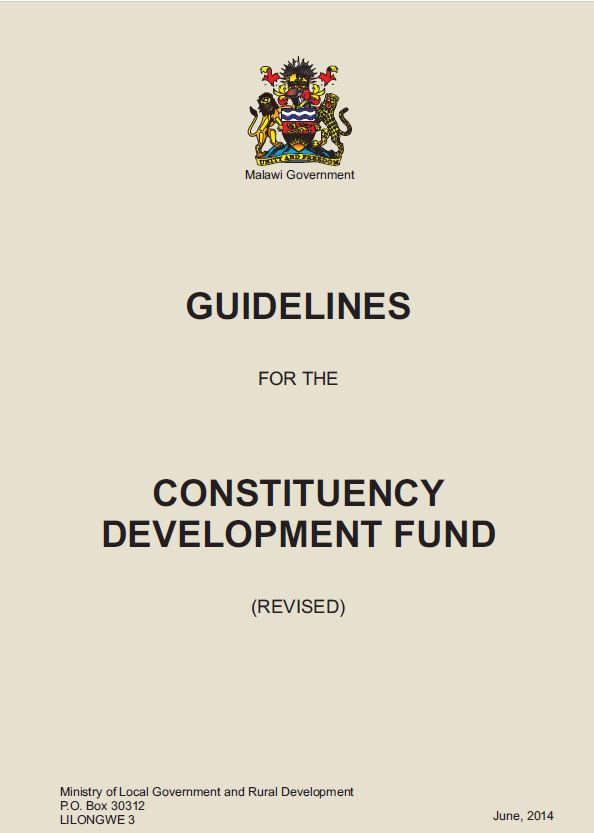

.png)
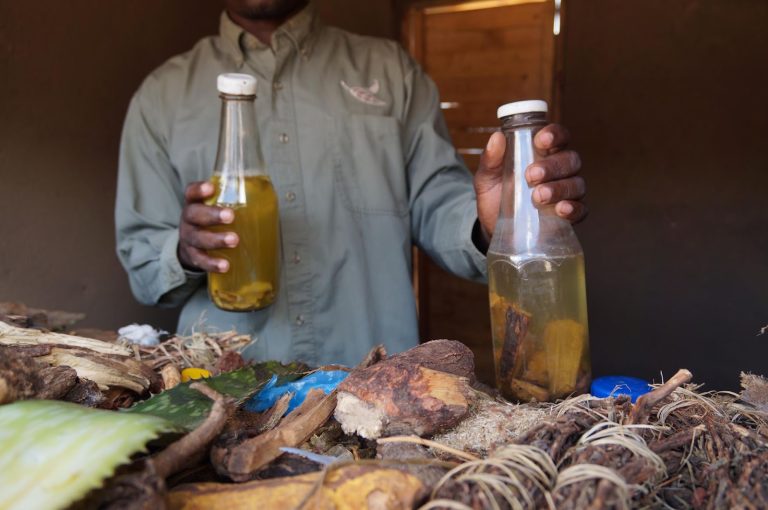
.jpg)
